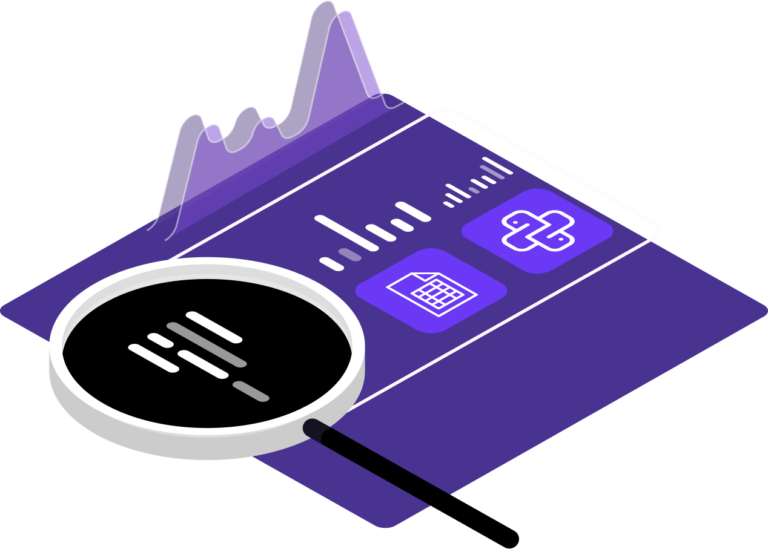 Book a consultation appointment
Book a consultation appointment
 Call directly+49 30 544533420
Monday-Friday, 09:00-18:00
Call directly+49 30 544533420
Monday-Friday, 09:00-18:00
Learn applied data analytics skills such as programming with Python and statistics.

In the certified Data Analytics module, you will learn the core elements of advanced data analysis. You will learn how to use Python competently, how to use the programming language for data analysis and how to create effective visualizations. You will familiarize yourself with the various functions of Python and practise preparing company data with appealing visualizations for specific target groups and independently carrying out classic data processing procedures.
Using many practical units with data sets, you will learn how to access, filter and merge new data sources. With the help of Python, you will be able to make company data interactively accessible in dynamic dashboards after the training. You will complete the Data Analytics module with a practical final project on customer churn at a telecommunications company. Upon successful completion of the module, you will acquire highly sought-after skills in data analysis with Python, which are in demand for the job role of Data Analyst or other analytical job roles such as Business Intelligence Analyst or Financial Analyst.
You move into the Data Lab for the first time and familiarize yourself with the basics of programming. You will learn to store numbers and texts as variables in Python and to bundle them as groups in lists. The proper reading of error messages rounds off the basic knowledge.
You continue to expand your programming basics. This chapter focuses on the use of functions and methods as well as flow controls using conditions.
The last chapter of the basic module is dedicated to sequence control using loops. You expand your range of functions by importing additional Python packages.
At the end of the chapter, you will be familiar with the most important programming concepts that are important for working as a data analyst.
This chapter teaches the efficient use of Pandas - the standard tool of a data analyst in Python. You will learn how to use it to read, clean and aggregate data in CSV files.
You will practice visualizing different levels of data using marketing data. Numerical data is presented as histograms and scatter plots, while categorical data is visualized as column and pie charts.
You will learn statistical terms such as median and quartiles based on product reviews. You identify outliers and create simple predictions with linear and logistic regression.
You will learn how to read databases using the example of a personnel database and how to formulate standard SQL queries.
You use Python to access information such as web pages and APIs designed by StackFuel on the Internet.
Get to know Jupyter functionalities and solve advanced visualization problems such as live updates and interactivity in the context of a stock market scenario.
You will analyze a New York cab dataset with over a million rides and use your Python skills to answer given questions.
You analyze the customer churn of a telecommunications company. You will go through the entire data analytics workflow independently and answer typical questions. You will present your project in a 1-on-1 feedback session with the StackFuel mentoring team.
Find your training program with us and start your data career! Book a non-binding consultation now.
Our training courses are developed and produced by our own team of data scientists and subject matter experts, who provide you as a participant with personal mentoring during the course. We not only focus on realistic and practical content, but also ensure that all your questions are answered in a personal exchange and thus guarantee your learning success.
Thanks to our "learning-by-doing" principle, you will learn in our interactive learning environment with realistic data sets and real business cases from the industry, preparing you perfectly for a successful career start in a data job.
With StackFuel, you can rely on a market leader with Germany's most innovative learning platform to develop your data skills in a practical way. In certified training programs, you learn online, flexibly and with 80 % of practical content.
This will enable you to make a lateral entry as a data analyst or data scientist and learn how to use data and the basics of artificial intelligence professionally. Your new data career starts with your online training at StackFuel.
Data has become an integral part of our (professional) lives. In almost all areas, data helps you to better understand facts and make more precise decisions. Data skills are the key to being able to use and interpret data correctly. Even though you may not realize it, you work with, interact with and generate data every day.
This data is becoming increasingly important for companies and is the basis for decisions and business models, which makes data professionals incredibly important for companies.
